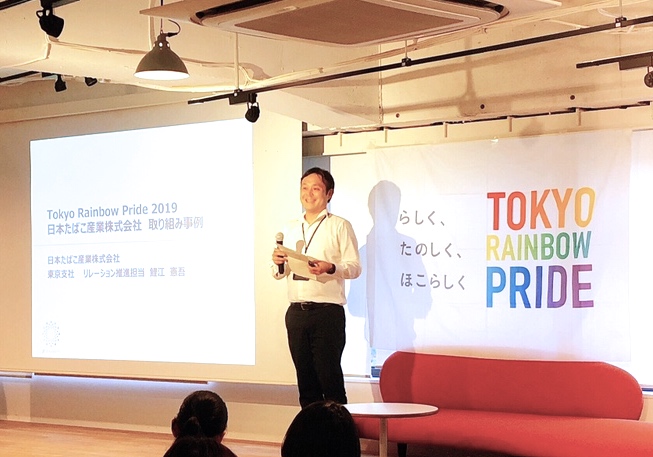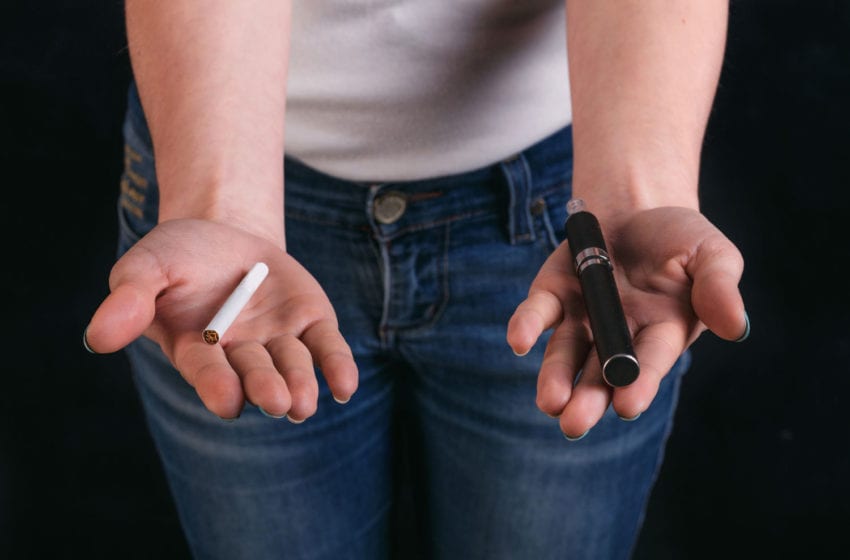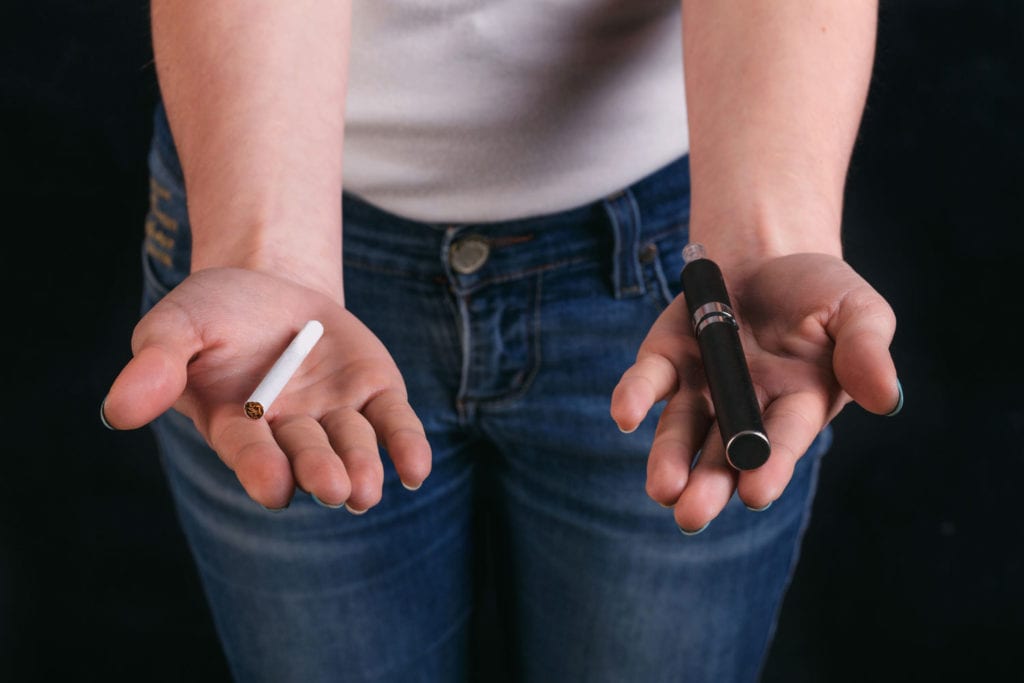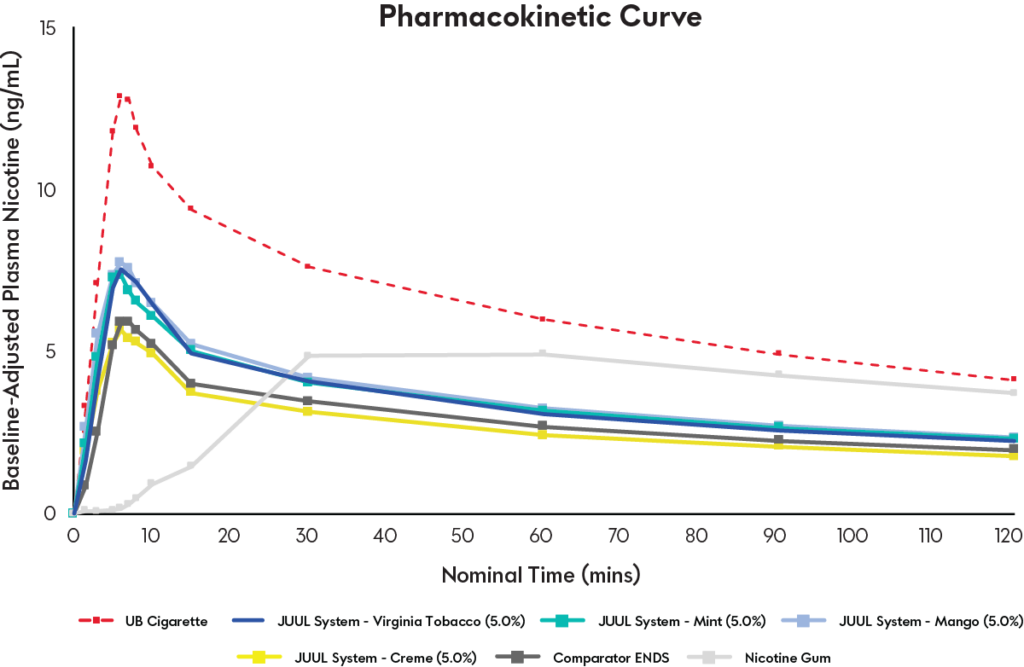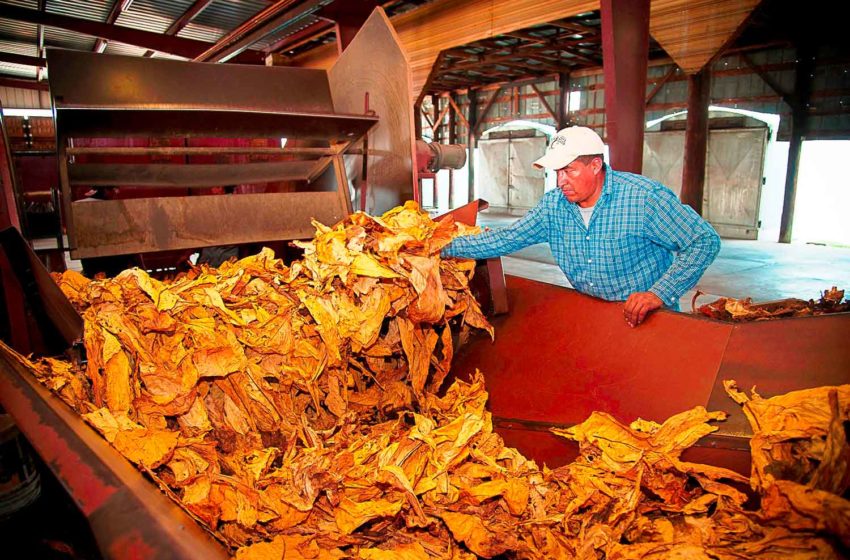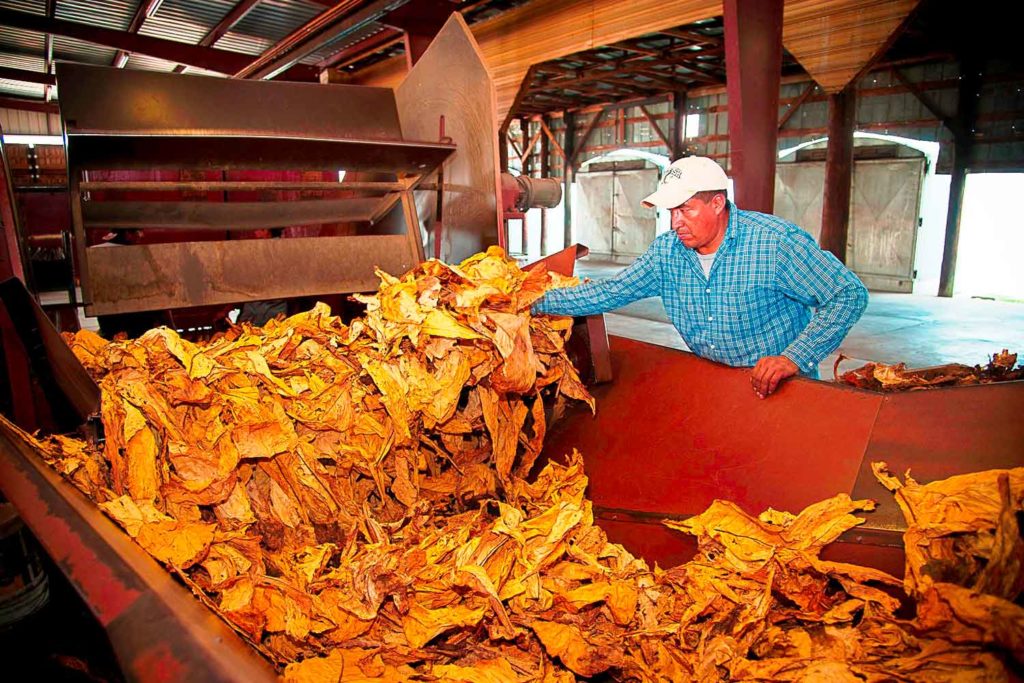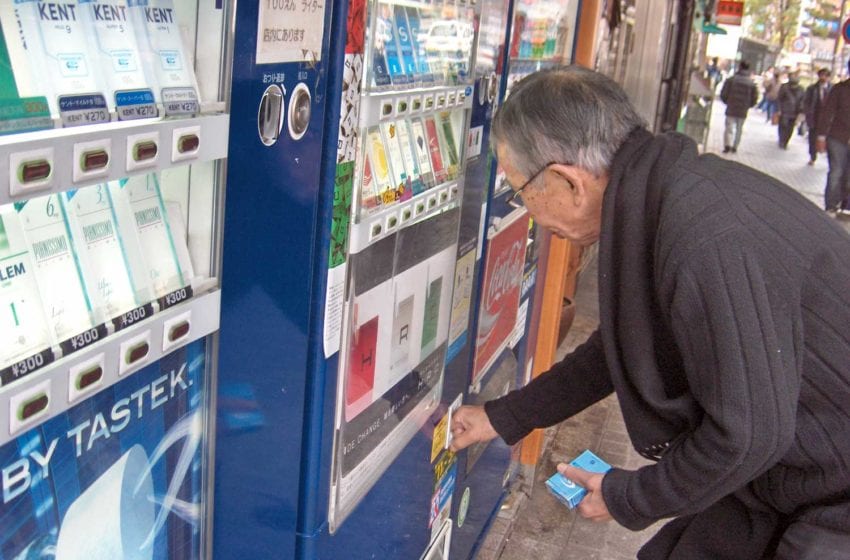Vaping in now illegal in many public places for Kiwis. New Zealand passed the Smokefree Environments and Regulated Products (Vaping) Amendment Act in August, with restrictions to be phased in over a 15-month period.
The first raft of measures, which began on Nov. 11, prohibit the use of e-cigarettes in workplaces, schools, early childhood education and care centers, according to an article in The Daily Mail.
Nancy Loucas, Director of Aotearoa Vapers Community Advocacy, encouraged New Zealand’s 200,000 vapers “to think a little more” before they vape.
“The general rule is if you wouldn’t smoke there, you shouldn’t vape there,” she said. “The likes of shopping malls, and around schools and childcare centers are a no no. At the same time, many councils have made their outdoor city center areas and council parks vape-free as well.”
New Zealand’s new act also prohibits advertising and sponsorship related to vaping products. But the AVCA is concerned treating vaping like smoking will lead to further stigmatization.
“Employers will still be able to permit vaping in a company vehicle, with some very workable provisions in place,” Loucas said. “Patients in hospital care or rest home residents can vape within a dedicated room for vaping, provided there is the likes of adequate ventilation. At the same time, a good employer would dedicate an outside area to vaping, where employees feel comfortable taking a vape break. Vaping is now effectively banned where smoking is, but it’s by no means banned outright. Instead, it’s finally a totally legalized activity for New Zealand adults, albeit now more tightly regulated.”
